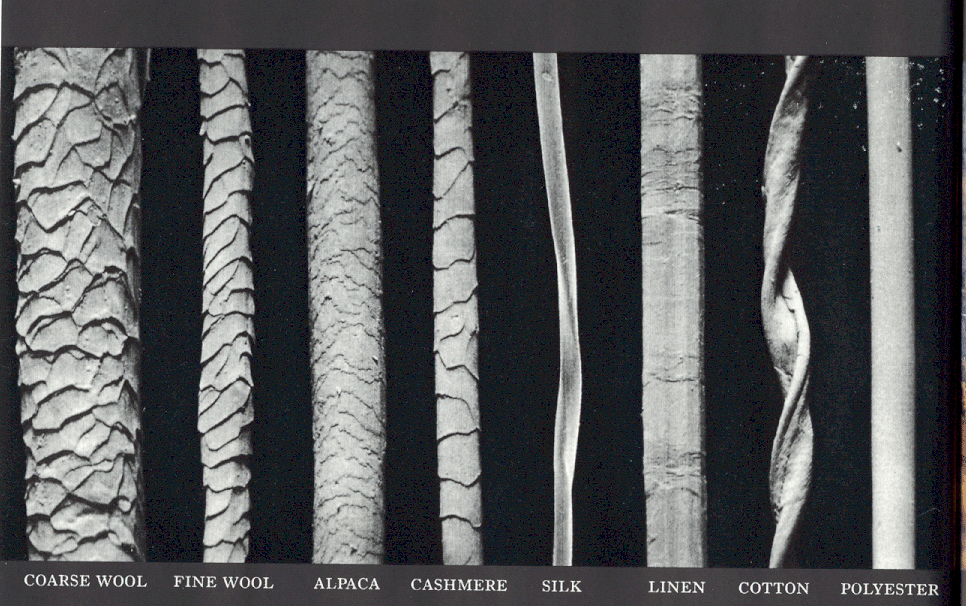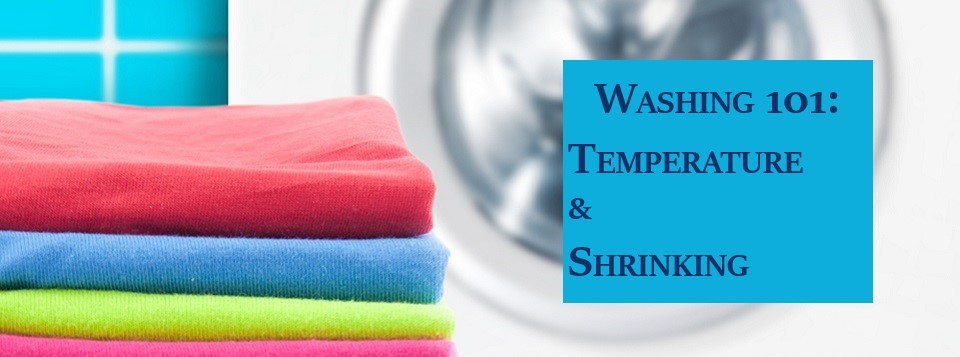Shrinkage: Washing 101
With all that is going on in the world currently, there’s so much to think about–too much to think about. So today we thought we would talk about the uncertainty, the fear, and the consequences of…your care labels. Specifically, washing and how that affects your garments. The fun of this (is fun the right word?), is that caring properly for your clothes is something you DO have control over, unlike a global pandemic, and anything within your power is worth talking about right now!
We have all shrunk a thing or two in our lives, either from forgetfulness, or from reaching that point where you say: “Screw it, I need to wear this dry-clean only item in a couple hours. What’s the worse that can happen?” The fun part about being a lifelong sewist is that others get to share in our blunders. One Christmas, years ago before I learned my lessons, my brother requested I make him pajama pants. I made the legs roomy and measured properly for his 6’4″ frame BUT I did not pre-wash the fabric. To this day my brother looks great whenever he puts on his pajama culottes. Nothing says “it’s wrong but I just don’t care” like a gift from a sibling. Sorry, bro, I know shrinkage isn’t cool.
Synthetics fibers are used in man-made polymer fabrics, such as polyester and nylon. Synthetic fibers minimally shrink (or usually not at all, we are just wary of saying NEVER) because the yarns are heat set and stable in their form before the clothing is made. Therefore, a washing machine does not get hot enough for these fibers to change their structure.
There are 3 basic types of shrinkage that occurs in clothes:
1. Relaxing: When the warm, flowing water in the washing machine messes with the tension in those natural fibers. They unravel at the molecular level, and the straightness of the pulled taut fibers start to relax and become less straight. The vertical strands (warp for all you fabric nerds) are held tighter than the horizontal strands (weft) in the weave/knit process. This is why when the fabric relaxes, it generally shrink vertically much more than around. So your pants still fit, but they are just high waters.
2. Felting: This one is more specific to wool, due to the structure. Wool is like your hair (it IS hair), so think back to those Pantene shampoo commercials where they show you a close up of a strand of hair, all the scales running in one direction. When wool is exposed to the heat and water, the scales expand, letting water get between them. The scales, now wet and unstable, slide down, pressing all together tightly.

The majority of companies do not wash their fabric before garment construction, mostly to get the products out into the world cheaper and faster. Choosing garments labeled ‘pre-shrunk’ is advised when possible, but if that’s not an option, taking a quick glance at the fiber content tag will help you pick an accommodating size. Of course there is no way to fully predict how much shrinking will occur, especially with all the blends, and sometimes its just downright hard to remember all the information. We are here to help! Here are the WORST shrinkers out there:
-Wool: As previously mentioned
-Rayon: A wonderful fiber but also a tricky bastard. Rayon is technically a natural fiber (wood pulp), but also a man-made polymer fiber. Rayon is usually blended with other natural fibers which doesn’t help with it’s already present tendency to shrink.
-100% Cotton: That’s right, your everyday staple that you thought you knew. The shrinking is coming from inside the house. You won’t notice it with t-shirts or other more casual wear but there could be some significant shrinkage with tighter weaves like your jeans or chinos.
Julia also learned the hard way to always prewash fabric before making products to sell in the shop (hello mini dresses circa 2013!). The beautiful silhouetteHOME robes, undergarments, and lounge wear pants are always pre-washed for your ease of mind and comfort! As you are sheltering in place, you can find those products online here if you’re curious.
Speaking of washing, we here at Silhouette love our jobs, and we love them more when we are working on clean clothes. We understand that sometimes you’re running short on time, or maybe didn’t realize that the clothes you dropped off are dirty. So as a friendly reminder, please remember to launder your clothes before bringing them in.
We hope you found this post helpful. Happy washing!



